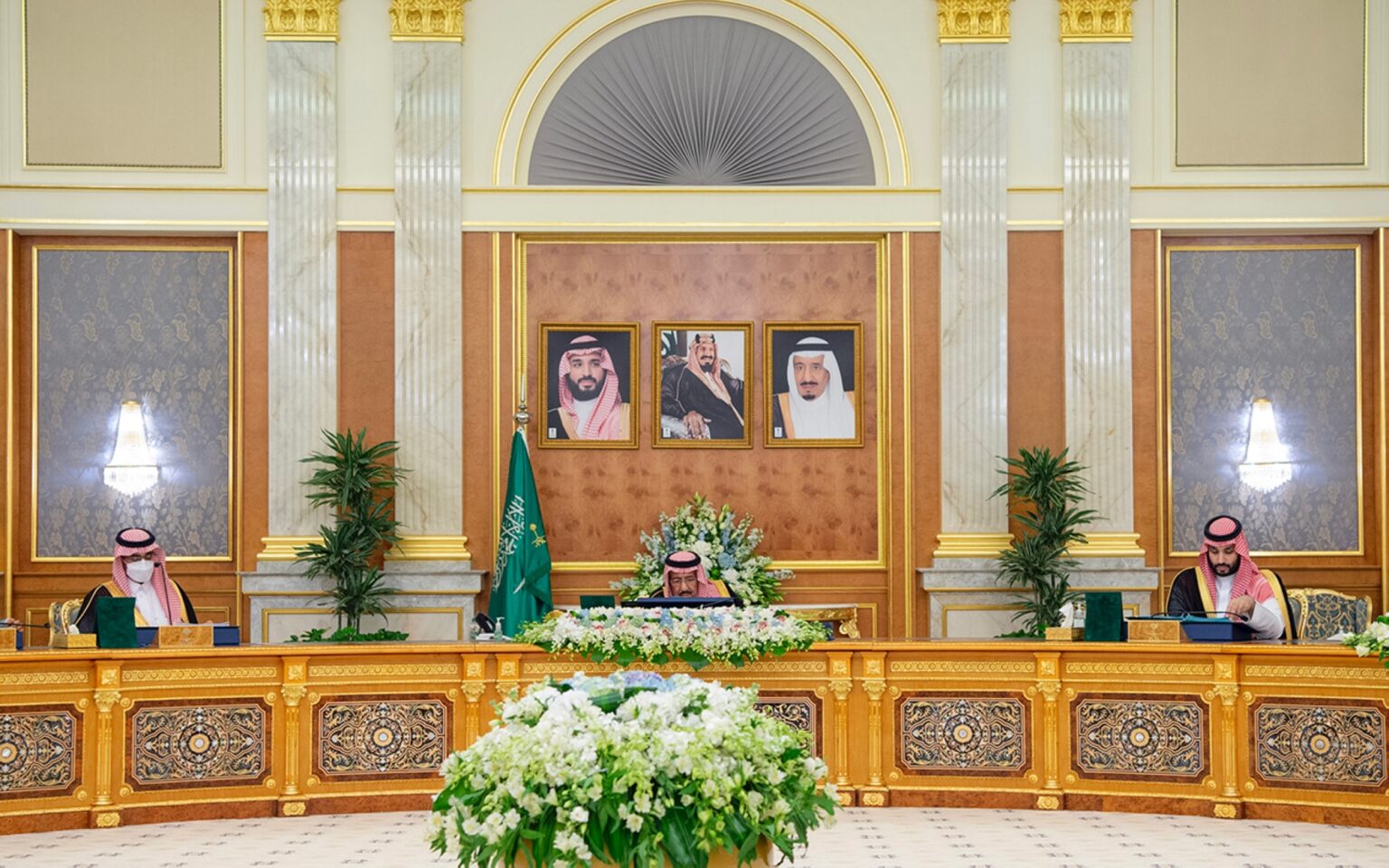In a significant political and administrative development, King Salman bin Abdulaziz has issued a royal decree to restructure the Council of Ministers, a move aligned with Saudi Arabia’s Vision 2030 reform agenda. This reshuffle underscores the Kingdom’s determination to modernize governance, foster economic diversification, and promote sustainable development.
Key Appointments and Structural Changes
The restructuring introduces new leadership and innovative approaches to governance:
- Khalid Al-Abdulkarim’s Appointment
- Appointed as the new Secretary-General of the Council of Ministers.
- Tasked with enhancing coordination between ministries and driving strategic initiatives.
- Reflects a focus on administrative efficiency and transparency.
- Reconstitution of Key Councils
- Shura Council: Reformed to integrate modern governance practices with traditional values.
- Council of Senior Scholars: Updated to ensure alignment with socio-economic progress while maintaining cultural and religious principles.
Driving Economic and Technological Advancements
The Council of Ministers plays a critical role in shaping Saudi Arabia’s economic and technological landscape:
- Approval of the 2025 Budget
- Emphasis on investments in:
- Renewable energy.
- Digital infrastructure.
- Human capital development.
- Aims to reduce reliance on oil and foster a knowledge-based economy.
- Emphasis on investments in:
- Strategic International Partnerships
- Collaborations with nations like Pakistan to enhance energy security and economic frameworks.
- Agreements focused on renewable energy, digital cooperation, and sustainable development.
- Key Economic Sectors for Growth
- Tourism development through projects like NEOM and Red Sea initiatives.
- Expansion in green technologies and artificial intelligence.
- Strengthening of financial and logistics sectors to position Saudi Arabia as a global hub.
Modernizing Governance
The restructuring marks a commitment to modernization through targeted reforms:
- Appointment of Sectoral Experts
- Leaders specializing in energy, technology, and public administration have been introduced.
- Policies strategically aligned with Vision 2030 objectives to address:
- Youth unemployment.
- Gender parity.
- Environmental sustainability.
- Agility and Global Responsiveness
- Enhanced governmental agility to address global economic challenges.
- Efforts to capitalize on opportunities in artificial intelligence, green technology, and sustainable tourism.
Public Engagement and Regional Stability
The Council emphasizes both local and regional contributions:
- Public Engagement through National Projects
- Saudi Green Initiative: Commitment to environmental conservation and renewable energy.
- NEOM Smart City: A futuristic city project showcasing innovation and sustainability.
- Regional and Global Influence
- Leadership in Gulf Cooperation Council (GCC) initiatives.
- Diplomatic and economic strategies aimed at fostering stability and prosperity in the Middle East.
Broader Implications of the Reshuffle
- Strengthening Governance Frameworks
- Promotes accountability and transparency.
- Introduces mechanisms for cross-ministerial collaboration.
- Focus on Sustainable Development Goals (SDGs)
- Prioritizing clean energy, gender equality, and global partnerships.
- Commitment to long-term ecological and economic resilience.
Conclusion
The restructuring of Saudi Arabia’s Council of Ministers is not merely an administrative overhaul but a strategic transformation. By aligning leadership and policies with Vision 2030, the Kingdom is poised to become a global leader in innovation, sustainability, and governance.
https://gulfmagazine.co/king-faisal-prize-2024-honoring-all-disciplines/



